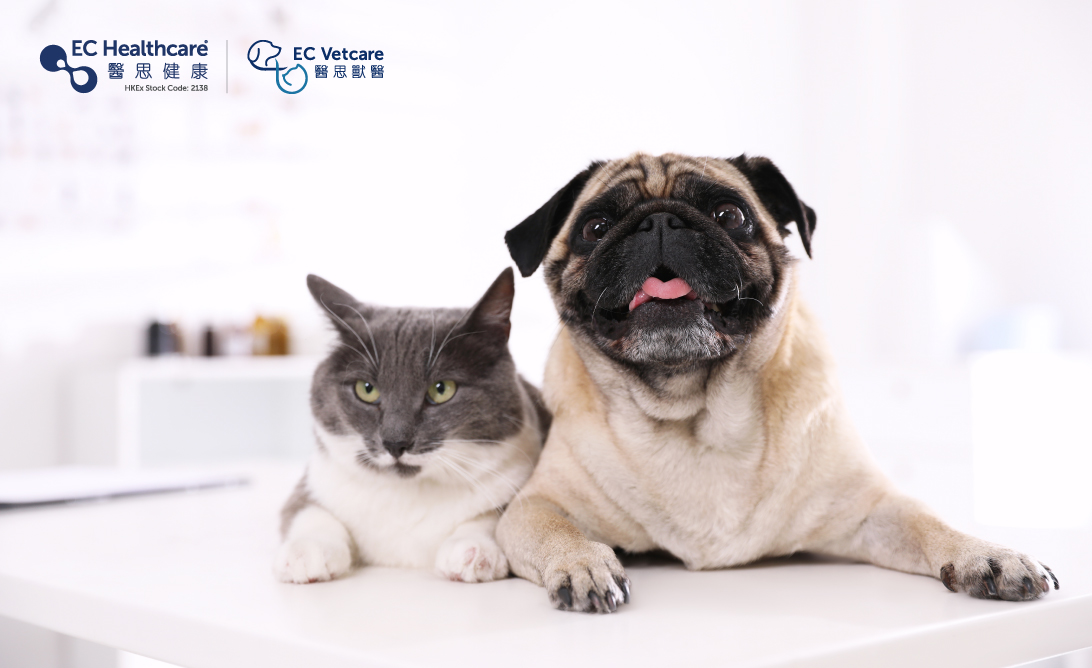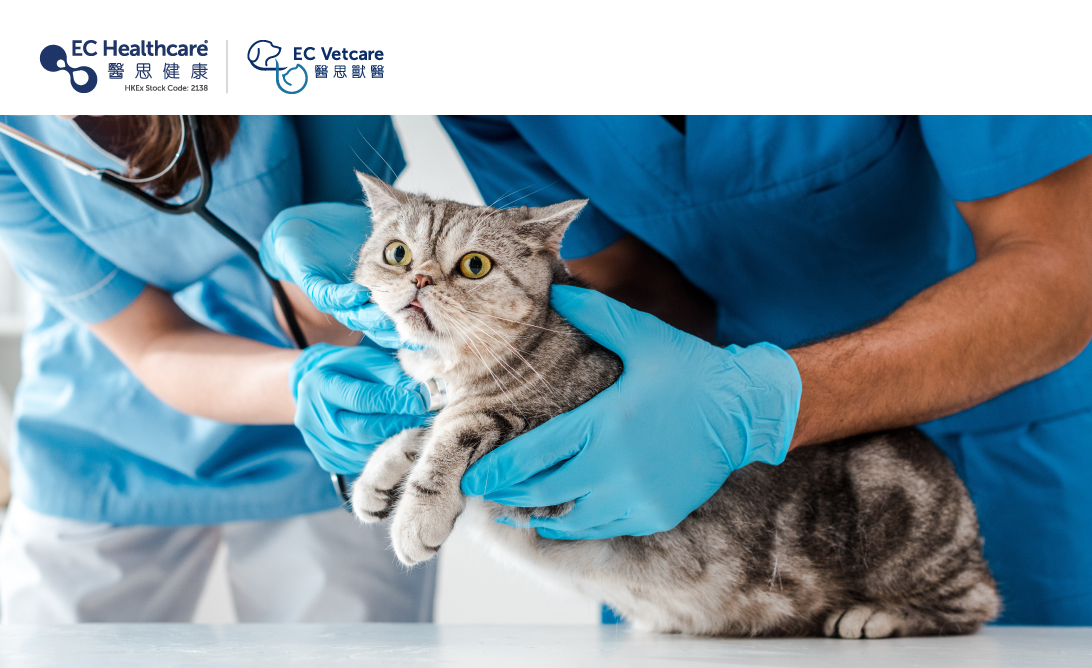Blood Tests: Why They're Essential for Dogs and Cats at the Vet


When your beloved pet isn't feeling well, a visit to the veterinarian often involves hearing the phrase "blood test". But why is blood testing necessary? How does a blood test benefit your furry friend? And how often should blood testing be done without jeopardizing their health? In this article, we will unravel the mysteries behind blood testing for cats and dogs.

Why Do Cats and Dogs Need Blood Testing?
Blood testing for cats and dogs provides valuable foundational information. It reveals the levels of red and white blood cells, liver and kidney indices, and electrolyte levels within their bodies. By evaluating these values in conjunction with clinical symptoms, veterinarians can develop effective treatment plans. Blood testing in cats and dogs is also utilized to assess blood pH, conduct rapid screening for infectious diseases, measure specific drug concentrations, and perform blood typing prior to transfusions.
In 2019, Taiwan witnessed an incident involving a long-haired cat at a veterinary clinic. During an impromptu decision to perform a spaying surgery, it was discovered that the cat had a congenital heart condition. The cat went into shock during the procedure and tragically passed away. It was later revealed that the cat had elevated liver indices and hypertrophic cardiomyopathy, making it unsuitable for the surgery. This unfortunate event could have been avoided if preoperative blood testing had been conducted.
How Often Should Dogs and Cats Have Blood Tests?
For generally healthy pets, it is recommended to have routine blood tests conducted every 1 to 2 years to ensure their overall well-being. Regular blood testing also allows for the early detection of potential health issues and enables preventive measures to be taken.
If you have recently adopted a pet, it is advisable to have a blood test done as part of the initial assessment. This not only ensures their health but also establishes a baseline database for future reference in case of illness.
What Information Is Included in Cats and Dogs' Blood Test Reports?
Once the blood test results are available, the veterinarian will discuss the pet's health status with the owner. Typically, a blood test report includes the following data:
Red blood cells, white blood cells, and platelets: These values help determine if the cat or dog shows signs of anemia, infection, parasites, or if dietary adjustments are needed.
Blood glucose levels: Helps assess the risk of diseases such as diabetes in cats and dogs.
Cholesterol: Aids in diagnosing conditions like hypothyroidism, liver disease, Cushing's syndrome, and diabetes in cats and dogs.
Liver indices (total bilirubin, ALKP, ALT, GGT): Assesses the health of the pet's liver and heart.
Kidney indices (BUN, creatinine): Evaluates the health of the pet's kidneys.
Electrolyte levels (sodium, potassium, chloride, calcium, phosphorus): Assesses overall body function and helps identify dehydration symptoms.
Pancreatic indices (amylase, lipase): Determines if cats and dogs have pancreatitis or other pancreatic diseases.
Total protein (albumin, globulin): Evaluates the risks of liver, kidney, and infectious diseases in cats and dogs.
Allergens: Identifies the pet's allergens and the severity of allergic reactions.
In varying situations, such as when a pet is admitted due to discomfort or illness, the specific blood tests performed may differ. Therefore, it is advisable to consult with your veterinarian before the blood draw.
Welcome to EC Vetcare, where we provide comprehensive veterinary care for your beloved pets
As a professional animal medical center, we specialize in internal medicine, surgery, various procedures, and diagnostic imaging services for small animals like cats and dogs. Our services include veterinary consultations, physical examinations, dental check-ups and cleanings, dental X-rays, vaccinations for cats and dogs, acupuncture, chemotherapy, blood transfusions, 24-hour hospitalization, and more. Rest assured that we are dedicated to safeguarding your pet's health and well-being.
Disclaimer: This article is prepared by an independent third party and is not sponsored. The content provided is solely for informational purposes and should not be considered a substitute for professional medical advice, diagnosis, or treatment. It does not represent any specific viewpoint. In the event of any discomfort or health issues, it is advised to seek medical attention promptly.
Related Brands









